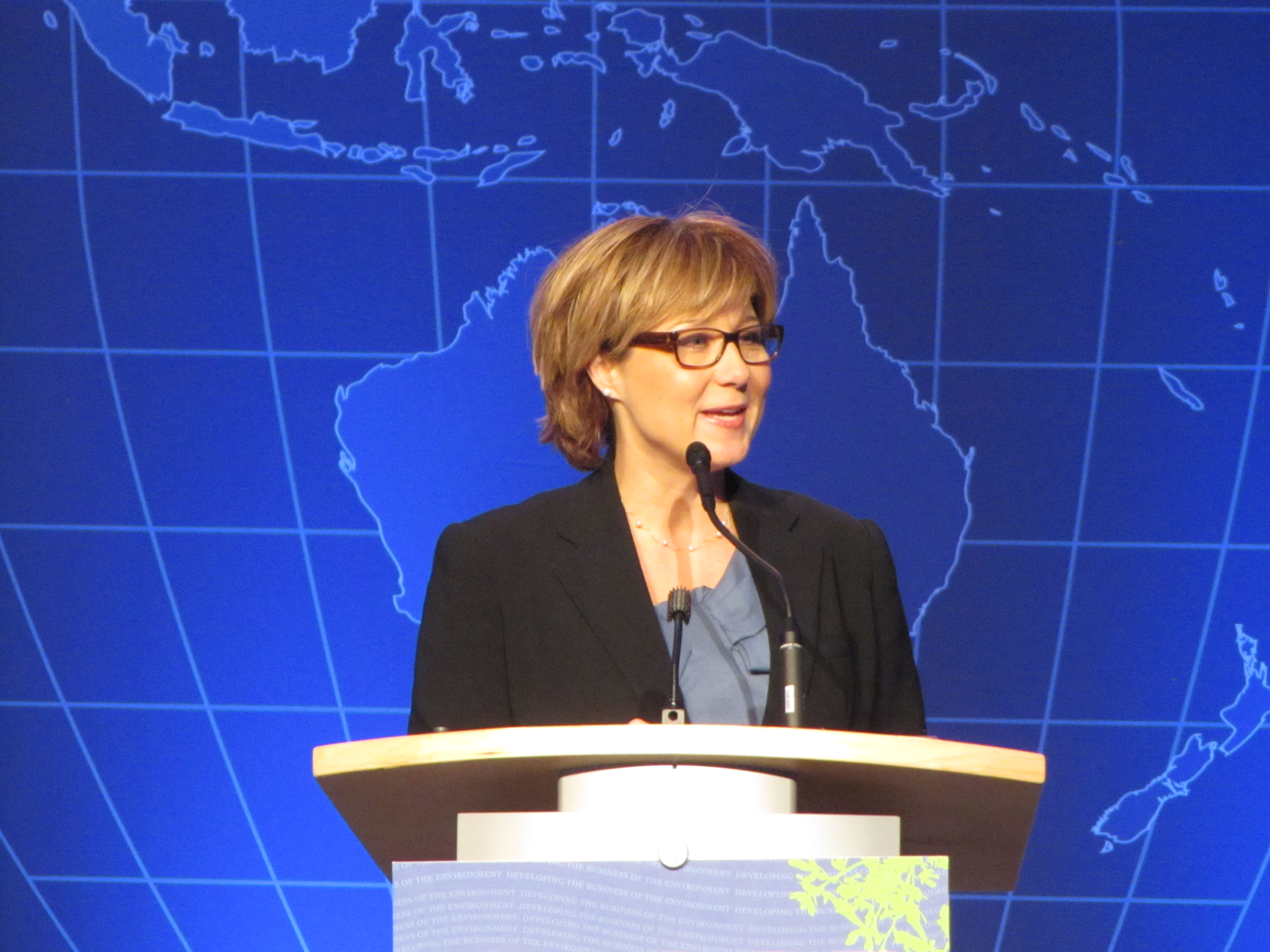
British Columbia has introduced Bill 32, the Energy and Water Efficiency Act, to help reduce consumers’ energy bills and lower operating costs for businesses. The legislation would replace the current Energy Efficiency Act and provides:
- Improved Standards: The bill expands the types of products to which energy-performance requirements can be applied. Standards are currently in place for electronics and some building components, like windows. With these changes, the provincial government will be able to enact guidelines for water products such as toilets and faucets, as well as energy systems like compressed-air and water-heating systems.
- Streamlined Enforcement: Administrative penalties will be put in place by regulation. These penalties will help to ensure manufacturers, distributors and retailers comply with energy-efficiency guidelines. As a result, British Columbians will be assured that products meet these requirements and help control and reduce energy costs.
- Better Energy Performance: Industrial energy consumption accounts for about 42 per cent of B.C.’s energy use. The bill will enable industry to compare energy-performance standards that can be used to drive cost savings. As a result of this change, it is anticipated large energy consumers in B.C., such as pulp-and-paper producers and mining companies, can lower their energy consumption by 10 to 20 per cent over five years.
More than 40 organizations and 60 individuals representing large industrial energy consumers, utilities, governments, public interest advocates and academia participated and provided input on the bill.









